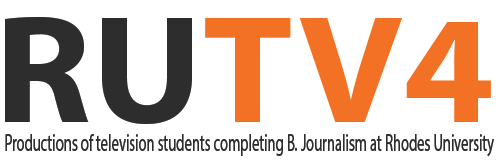Rhodes readies for water outages
Report by Dumisa Lengwati & Taryn Isaac, School of Journalism and Media Studies, Rhodes University
The perpetual threat of water shortages sees Grahamstown residents seeking alternatives for their water supply. Rhodes University has purchased a water tanker to help alleviate the effects of these dry spells.
The purchase of a R1,1 million water tanker will provide a necessary back-up supply. Last year’s shortages cost an estimated R115 000 a day due to the costs of plastic utensils in dining halls and bottled water for students and staff. According to Dr Iain L’Ange, Rhodes Infrastructure, Operations and Finance Division Head, the tanker will help the university to respond to emergency situations and be able to service all students living in residence. This move has been approved and applauded by the Makana Municipality, which struggles to cope with the ongoing crisis.








